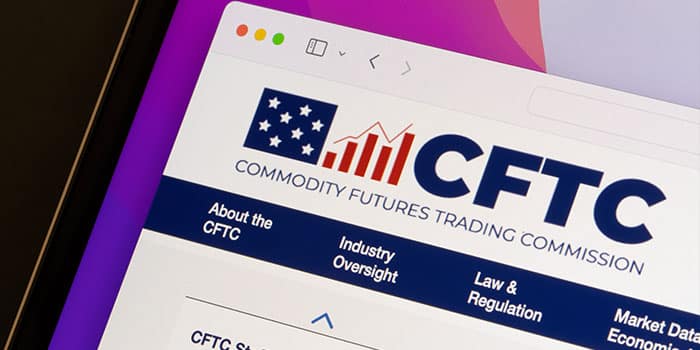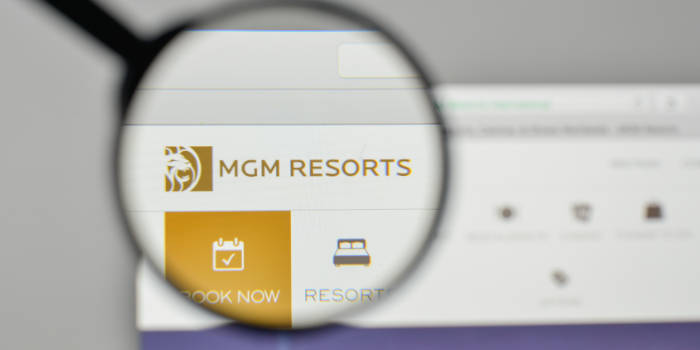Fact-checked by Angel Hristov
Rhode Island Continues Mulling Over Ending Its Online Sports Betting Monopoly
The Rhode Island Department of Revenue Lottery Division learned that eight operators are interested in running online betting

Rhode Island continues to contemplate ending its online sports betting monopoly and liberalizing the market in order to capitalize on the growing demand for wagering products.
Rhode Island Operates Online Betting Under a Monopoly Model
Ever since the repeal of the PASPA, dozens of US states have launched their own sports betting markets, tapping into the vast popularity of sports media. Unlike most states that have been launching competitive sports betting markets, Rhode Island has been operating under a monopoly model.
Under Rhode Island’s monopoly on sports betting, IGT has served as its exclusive online sports betting operator and has been responsible for operating the Rhode Island lottery’s Sportsbook RI app. However, there have been efforts to expand the Ocean State’s market.
Earlier this year, the Rhode Island Department of Revenue Lottery Division submitted a Request for Information in order to see if opening the market to additional online betting operators would benefit the local market.
The department ended up learning that a total of eight major operators would be interested in being a part of the state’s online betting market. These included Bally’s, which runs the state’s two casinos, IGT, the exclusive contract of which is set to expire in November 2026, as well as BetMGM, DraftKings, Fanatics, FanDuel, Kambi, and OpenBet.
There Have Been Legislative Efforts to End the Monopoly
A few months ago, lawmakers sought to end IGT’s monopoly via a bill that generated momentum in the Senate but was not reviewed by the House before the legislative session expired. A similar bill was introduced the previous year too.
Supporters of the idea of more sportsbooks continued to argue that more brands would equal more taxes. For context, the state, which boasts a 51% tax on online betting, recorded $14 million in online betting tax revenue in 2024.
Others have argued that monopolies do not benefit bettors since they create a non-competitive environment. To make matters worse, technical issues with a monopoly operator could deprive fans of the opportunity to place lucrative wagers.
Although Fiona doesn't have a long-spanning background within the gambling industry, she is an incredibly skilled journalist who has built a strong interest in the constantly growing iGaming network. The team at Gambling News is glad to have her on our roster to help deliver the best stories as soon as they hit. Aside from writing, she loves to dabble in online casino games such as slots and roulette, both for her own enjoyment and also as research to better improve her understanding of the industry.

















